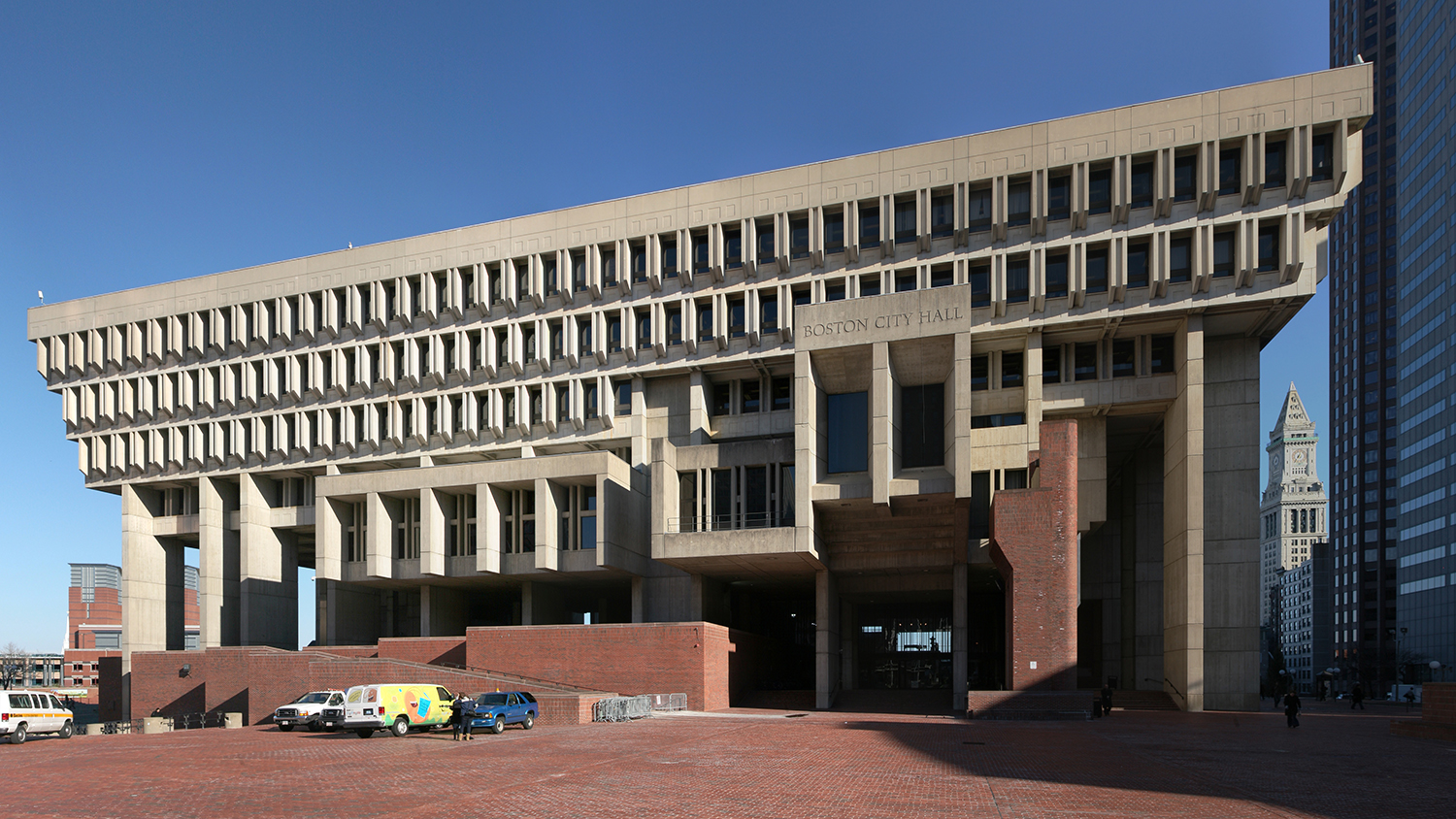Reducing Disparities and Promoting Well-Being in Boston: Lessons from the City of Boston
On November 7, 2016, the Initiative on Cities hosted the third event in our series on Reducing Disparities and Promoting Well-Being in Boston with a panel discussion focused on Lessons from the City of Boston. Moderated by Boston University Dean of Students Kenneth Elmore, Lessons featured two leaders from the City of Boston: Dr. Atyia Martin, Chief Resilience Officer and Dr. Karilyn Crockett, Director of Economic Policy & Research.
There’s More to Resilience Than Climate Change
The Rockefeller Foundation launched their 100 Resilient Cities initiative in 2013 with the mission of helping cities around the world become more resilient to the physical, social and economic challenges of the 21st century. In their definition, city resilience must consider the shocks—physical events like earthquakes, famine and terrorism—and the stresses that weaken the fabric of a city on a daily basis, including high unemployment, inadequate public transportation, endemic violence and systemic racism. To address these challenges, 100 Resilient Cities funded the creation of Chief Resilience Officer positions in cities throughout the world, including Boston.
Dr. Martin was appointed by Mayor Walsh and tasked specifically with addressing how income inequality, lack of affordable housing, poverty and racism factor into disaster recovery. For Dr. Martin, the first step is imbedding social justice and racial justice into the city’s resiliency strategy. Inequities around wealth, health and education disproportionately burden communities of color. Getting on the same page, she said, is goal number one.
Similarly, Dr. Crockett’s mission is to tackle economic inequality, often in the context of race. “I can’t address economic inequality without talking about racism,” she said. Dr. Crockett described the events in Baltimore and Ferguson as results of decades of stresses, highlighted by institutionalized discrimination and inequality from health to education to housing.
Today, Boston is a minority-majority city. Both Drs. Crockett and Martin emphasized that Boston is a changing city with the tools to become a more inclusive community.
Layers of Engagement: Student, Citizen, Community
Dean Elmore challenged Drs. Crockett and Martin to identify ways the community can engage with Boston’s resiliency efforts. “It’s so easy to be a monastery [at BU] and not even think about the city,” he said.
“First and foremost, be open to learning and growing,” said Dr. Martin. “We need to refocus the conversation to look at ourselves. Have uncomfortable conversations in your social networks and expand those networks.” Ninety percent of white people’s social networks are white, she explained; 86 percent of African American’s social networks are African American and 64 percent of Latinos’s social networks are Latino. Bridging the divide to encourage solidarity and foster a community of conversation and learning is key.
Dr. Crockett also underlined the importance of institutions being willing to self-examine. “This [2016] election cycle is an opportunity to look at what racism means in our own lives, but also what racism means when we walk through the doors of our institutions,” she explained. Every institution has a responsibility to understand racism and contribute to racial equity. They have to look at HR, their contractors, and community engagements efforts, both in terms of community support and community involvement in decision-making.
It’s not only about who is at the table, but who is contributing to decision-making, concluded Dean Elmore.
Un-Anchor the Institution
Dr. Crockett grew up in Boston and as a junior in high school, she toured BU. She explained how she was struck by the campus’s open design, an important metaphor for how the University should consider its role in the Boston community.
Dean Elmore proposed that we “un-anchor the institution. We need to be in the neighborhoods,” he said, “not only so students can understand what being in Boston means but also so they can contribute as stewards of the city.” Dean Elmore, Drs. Crockett and Martin and attendees agreed that Boston is in the middle of a boom—socially, economically, culturally—and rife with opportunity.
Our leading institutions will play a critical role in ensuring that all people benefit from that boom. “We must demand more from our institutions,” said Dr. Crockett. “They have the power to make real change, especially through evidence-based policy.”
“Community members are context experts and we’re the content experts,” said Dr. Martin. As an institution, BU can use its expertise to solve deeply ingrained neighborhood concerns of persistent poverty, disproportionate unemployment and other problems.
Boston has been heralded as a leader for coalition building and exists in an environment rich with opportunity for collaboration with educational institutions, private and public sector partners, and community members. And yet, Boston faces an uncertain future due to persistent poverty, severe income inequality, and an ugly history of racial discrimination.
Engaging all members of the community, from disenfranchised groups to students, expanding conversations surrounding equity challenges, creating partnerships, and maintaining accountability with local institutions are the keys to future success for Boston. “Boston has the tools and the talent pool to move forward on these issues,” said Dr. Martin.
After this convening, on November 19, the City of Boston held the first in a series of talks on racism in Boston, led by Mayor Martin Walsh. At the meeting, the City released the Blueprint for Boston’s Resiliency Strategy, which discusses the challenges and opportunities for racial inclusion in the city. The Initiative on Cities’ Reducing Disparities and Promoting Well-Being compliments the City of Boston’s efforts in addressing inequities.
We encourage you to access the Blueprint here and stay tuned for more events in our series in Spring 2017.
